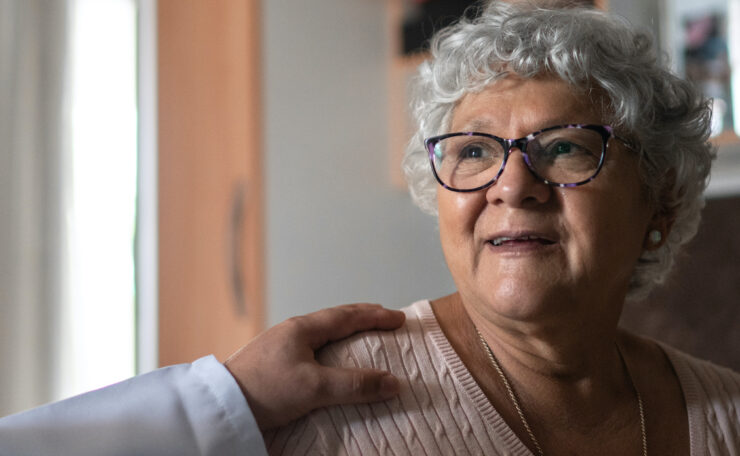Empowering Families.
Protecting Seniors.
Dedicated long term care staff in Florida work hard to provide quality care for residents in skilled nursing facilities and assisted living communities.
Find Long Term Care Options Near You:
We’re locating facilities for you!
Please note: These search results reflect current members and non-member facilities serving as supporting partners of AHCA/NCAL in this project, as well as active recipients of the AHCA/NCAL National Quality Award Program. If you are an AHCA/NCAL member and believe your facility is missing or has inaccurate information, please contact your state affiliate to update the listing. Non-member facilities serving as supporting partners in this project should consult their appropriate member organization to make changes.
Sign Up To Receive Updates:
Blog
About Us
Today, FHCA is a federation representing over 82% of the state’s 690 nursing centers. Our membership includes more than 1,000 individuals and nearly 600 long term care centers that provide skilled nursing, post-acute and sub-acute care, short-term rehabilitation, assisted living and other services to the frail elderly and individuals with disabilities in Florida. FHCA also has more than 400 associate members/companies that provide valuable products and services to long term care providers.



